Hard to peep game when we're playing basketball and youre playing chutes and ladders.
if this is basketball. yall missing layups and shootin bricks
fuk u mean
Follow along with the video below to see how to install our site as a web app on your home screen.
Note: This feature may not be available in some browsers.
Hard to peep game when we're playing basketball and youre playing chutes and ladders.
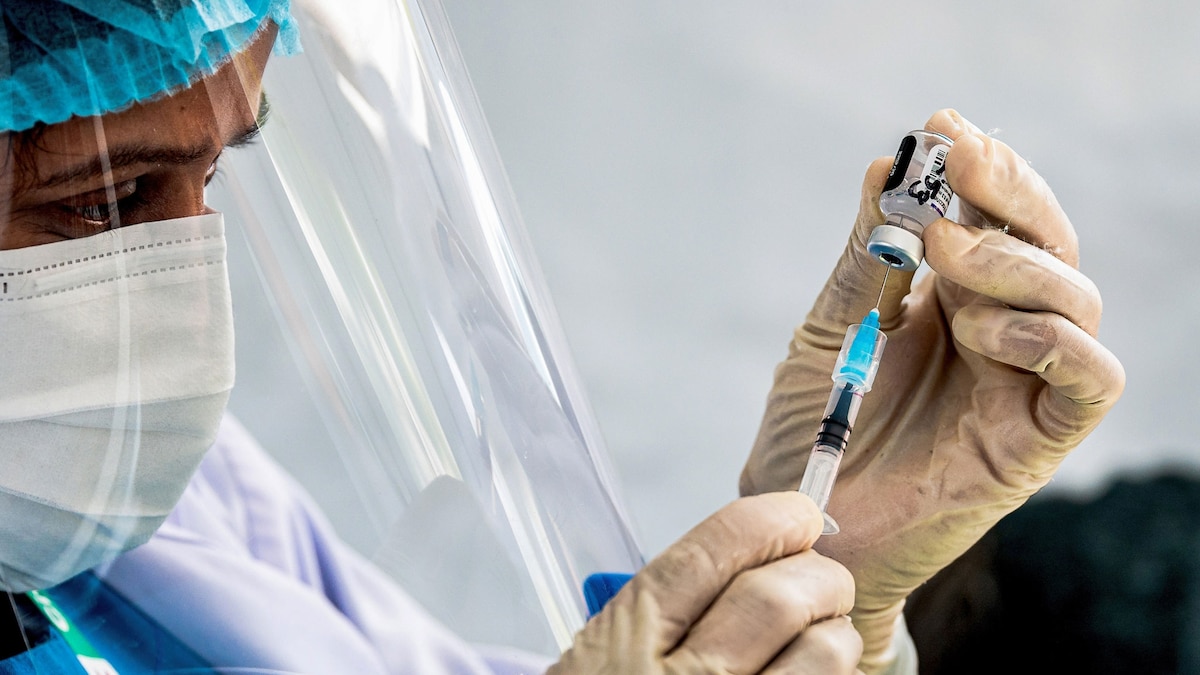
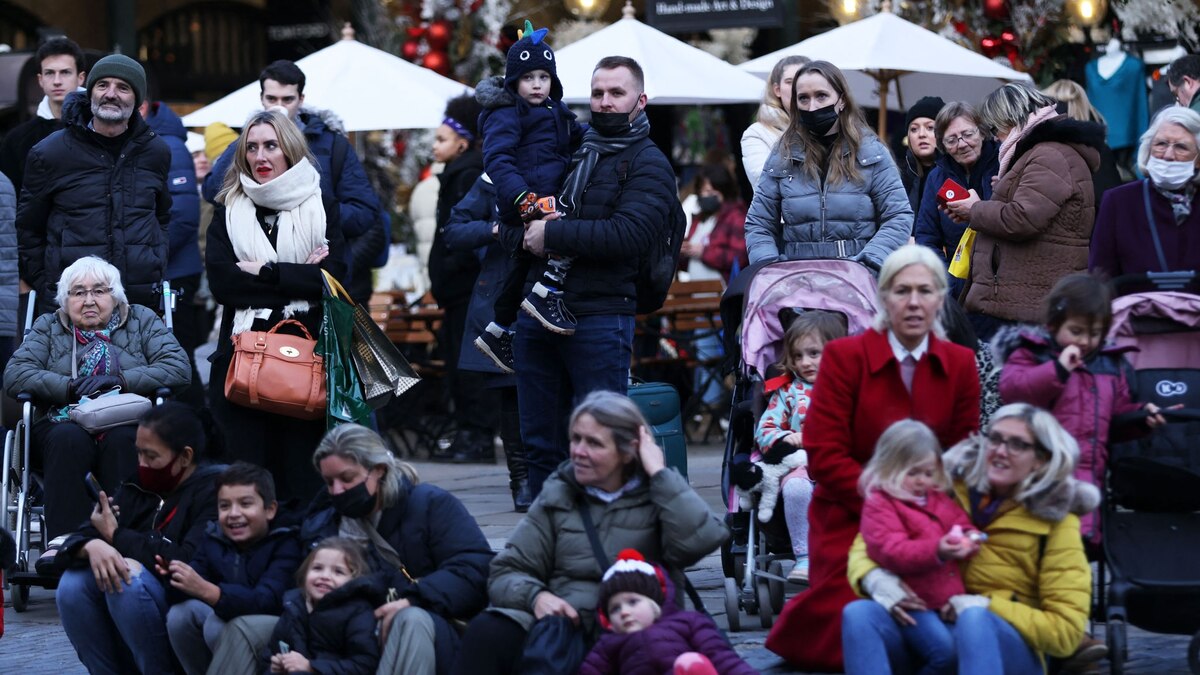
You're viewpoint of this demonstrates what so many people get wrong about covid vaccines. You can still get covid after getting the shots. But the effects are drastically reduced.There’s no evidence that the booster protects you from Omicron. It may, or it may not. Taken from above:
“However, it’s too early to assess whether current vaccines are not going to be effective against this new variant.”
What you’re saying is not backed by evidence. There is currently insufficient evidence to say whether the vaccine or booster has any effect on Omnicrom. That’s what the quote that I captured says.You're viewpoint of this demonstrates what so many people get wrong about covid vaccines. You can still get covid after getting the shots. But the effects are drastically reduced.
There’s no evidence that the booster protects you from Omicron. It may, or it may not. Taken from above:
“However, it’s too early to assess whether current vaccines are not going to be effective against this new variant.”
What you’re saying is not backed by evidence. There is currently insufficient evidence to say whether the vaccine or booster has any effect on Omnicrom. That’s what the quote that I captured says.
I understand why you are confused, because Fauci and Biden said otherwise, even though there is no evidence of that.
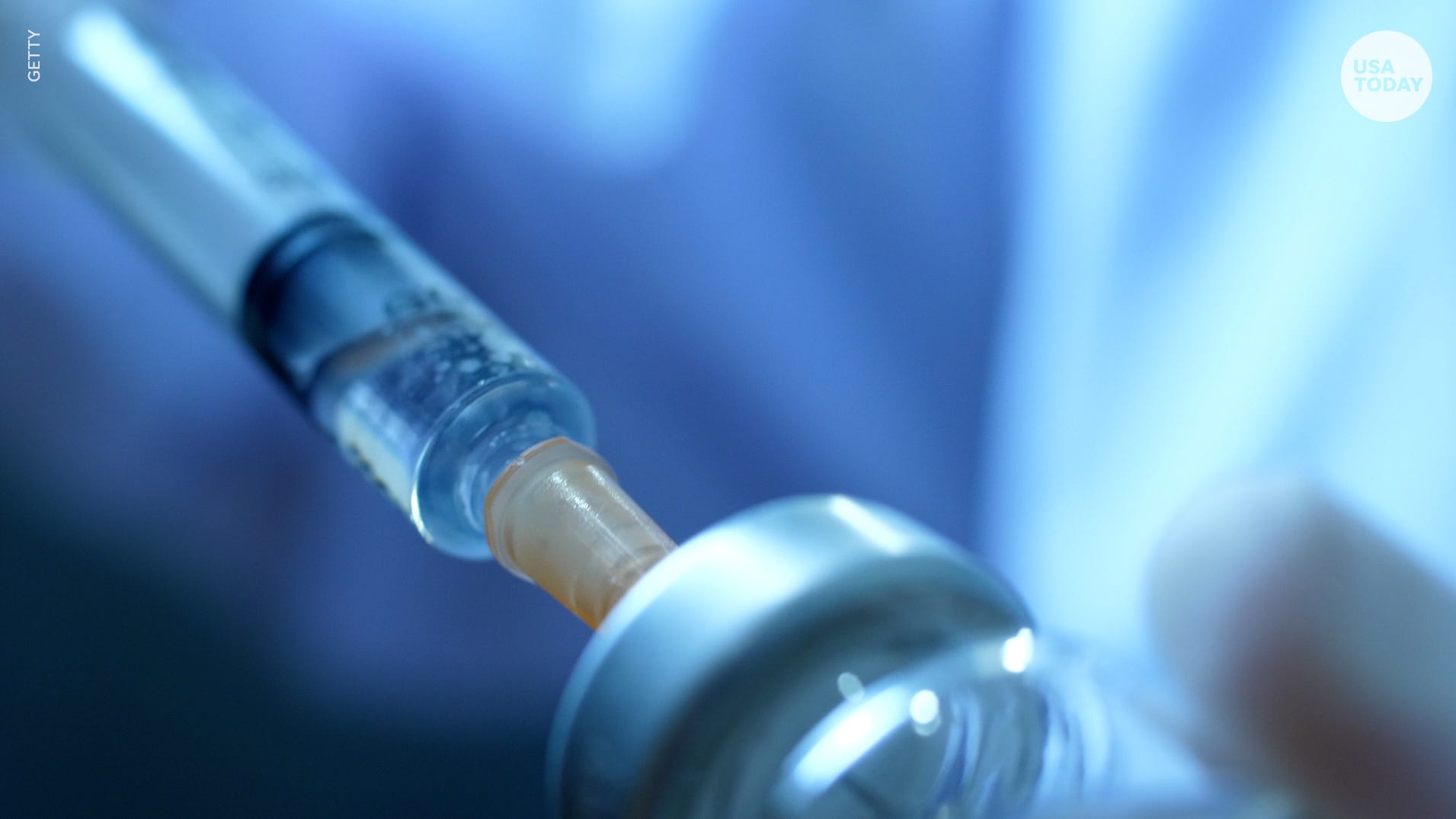
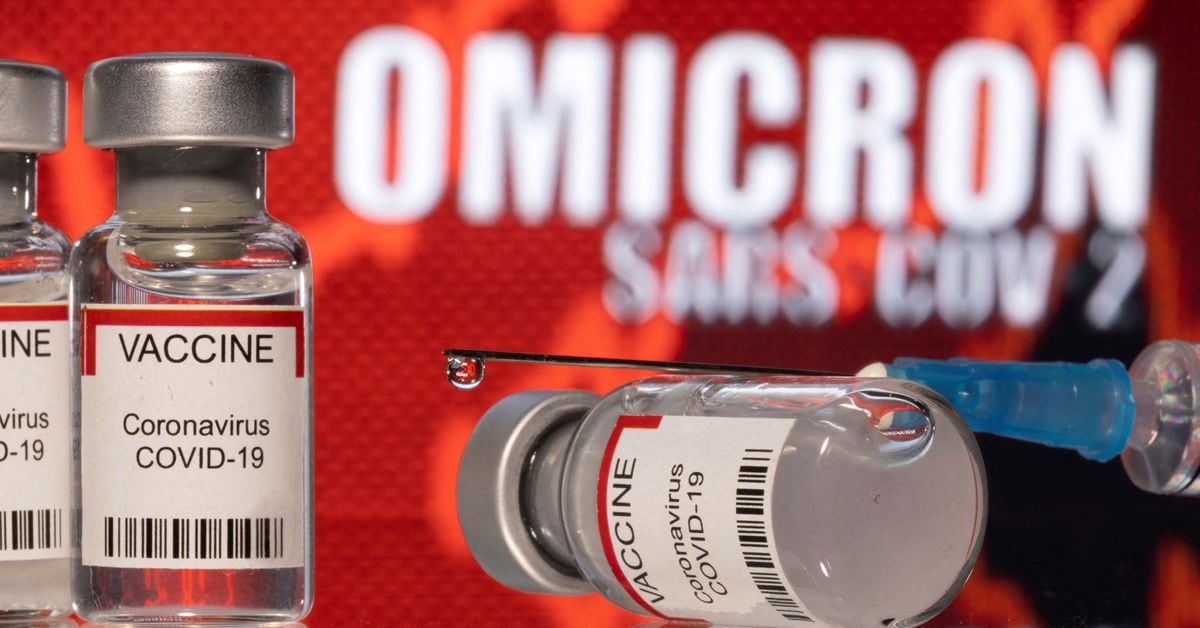
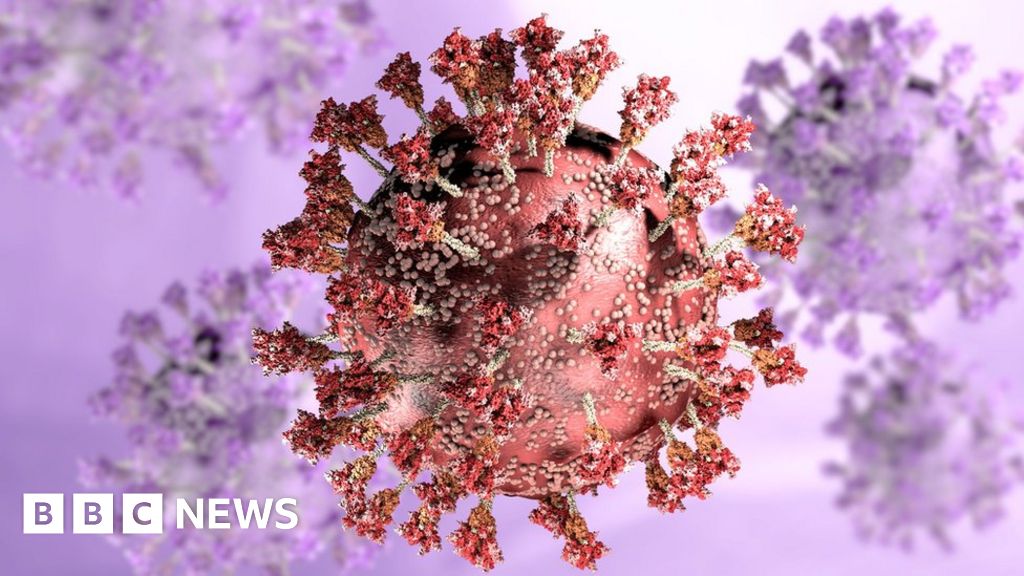

Yea...okWhat you’re saying is not backed by evidence. There is currently insufficient evidence to say whether the vaccine or booster has any effect on Omnicrom. That’s what the quote that I captured says.
I understand why you are confused, because Fauci and Biden said otherwise, even though there is no evidence of that.
All of the articles mention a Danish study that’s not peer reviewed, or a study not done in humans, or a UK study that the authors say had “insufficient data.” Since when do we take this level of early stage science as conclusive evidence?Why you speaking with such confidence and haven't done the knowledge? Take your MAGA hat off and stop sounding like a clown. And don't say some dumb shit about MSM.

COVID-19 boosters offer 'potent' protection against omicron, study says, recommending Pfizer and Moderna
COVID-19 boosters with an mRNA vaccine provide the best protection against omicron, according to a study published this week in the journal Cell.www.usatoday.com

'Significant increase' in protection vs Omicron from mRNA boosters, study says
Getting a third dose of either Pfizer-BioNTech's or Moderna's COVID-19 vaccine offers a "significant increase" in protection against the Omicron variant in elderly people, according to a Danish study published on Wednesday.www.reuters.com

Booster at least 80% effective against severe Omicron
Preliminary estimates by researchers suggest the top-up shot should help keep many people out of hospital.www.bbc.com

No Omicron immunity without booster, study finds — Harvard Gazette
Traditional dosing regimens of COVID-19 vaccines available in the United States do not produce antibodies capable of recognizing and neutralizing the Omicron variant, reports a new study.news.harvard.edu
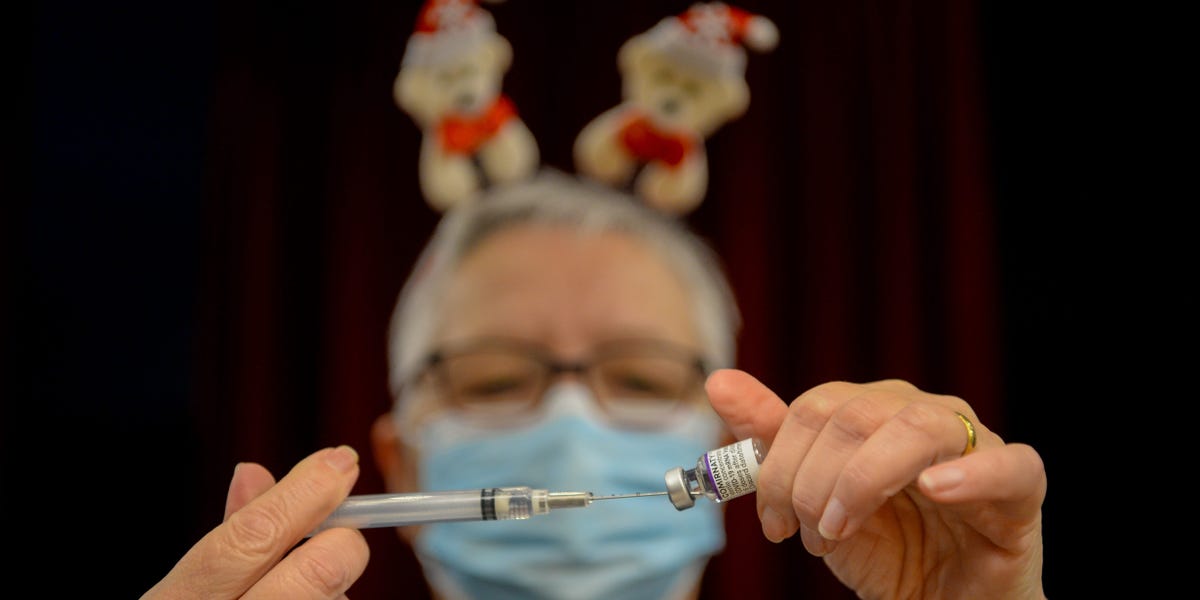
Booster shots protect against symptomatic Omicron infection for about 10 weeks, study finds — which could mean more doses for some in 2022
Experts said boosters should still provide protection against hospitalization and death from COVID-19 caused by Omicron.www.businessinsider.com
By the way, the 800k people who died “of” Covid actually died “with” covid. Meaning that number is all the people who died with the disease, whether it killed them or not.
According to the head of the CDC, 75% of them died with at least 4 other causes of death (other than Covid).
The entire fake narrative is slowly unraveling
Is there evidence that you can catch(covid-19) Omicran variant and die if you're not vaccinated?...dummy.What you’re saying is not backed by evidence. There is currently insufficient evidence to say whether the vaccine or booster has any effect on Omnicrom. That’s what the quote that I captured says.
I understand why you are confused, because Fauci and Biden said otherwise, even though there is no evidence of that.
You need to be banned for misinformation.By the way, the 800k people who died “of” Covid actually died “with” covid. Meaning that number is all the people who died with the disease, whether it killed them or not.
According to the head of the CDC, 75% of them died with at least 4 other causes of death (other than Covid).
The entire fake narrative is slowly unraveling
But they ARE LITERALLY hospitalized WITH COVID.
It doesnt matter if covid forced them there or not.
They must be counted in order to track, budget and staff properly for it.
Yea but if you have covid you will be in a separate area and that will require more resources which is straining the system.With versus For.
At this point, probably 80% of the population is asymptomatic.
Exhibiting asymptomatic COVID signs and being on a ventilator are very different conditions. The reporting methodology is too nebulous and needs to be measured and presented in a way that leaves no doubt regarding proximate hospitalizations.
I view things differently. Let's say that I broke my leg but showing symptoms from COVID recovery. I should, therefore, not be categorized as a COVID patient but rather for the condition I walked in with.
Yea but if you have covid you will be in a separate area and that will require more resources which is straining the system.
With versus For.
At this point, probably 80% of the population is asymptomatic.
Exhibiting asymptomatic COVID signs and being on a ventilator are very different conditions. The reporting methodology is too nebulous and needs to be measured and presented in a way that leaves no doubt regarding proximate hospitalizations.
I view things differently. Let's say that I broke my leg but showing symptoms from COVID recovery. I should, therefore, not be categorized as a COVID patient but rather for the conditions I walked in with.
I mean we're in the arena on the floor playing while youre out in the parking lot breaking into cars.if this is basketball. yall missing layups and shootin bricks
fuk u mean
I mean we're in the arena on the floor playing while youre out in the parking lot breaking into cars.
gone back to the coloring circle with all the other kindergartners, Freddy.Man aint nobody watching yall invalids play.... that shit is like watching handicap turtles tryin to run
a relay race.
go sit yo asses down somewhere...
why would I have to break into cars, Id just smack yo ass and take yo shit..
But Im a Holy Man, God favorite so...
no need to break into your tents on wheels
!!!!! lol
Good for you. I got Covid it was just a mild cold, not even as bad as the flu. You're a bunch of bitches.I got the booster
I only got a sore arm where shot was
Some of y’all some straight bitches, jus useless, kill your self
I ain’t read this shitGood for you. I got Covid it was just a mild cold, not even as bad as the flu. You're a bunch of bitches.
See what I did there. Your experience is not necessarily that of others.
Covid is a serious disease for many, and vaccine injuries are very serious for some. We should be able to have an adult discussion over who should get the vaccine, and who faces a greater risk of injury from the vaccine than Covid. Of course, because we're in the midst of a mass psychosis, you think I'm talking crazy.
I ain’t read this shit

